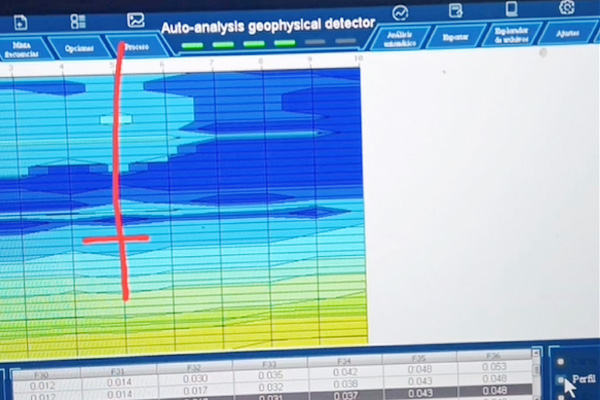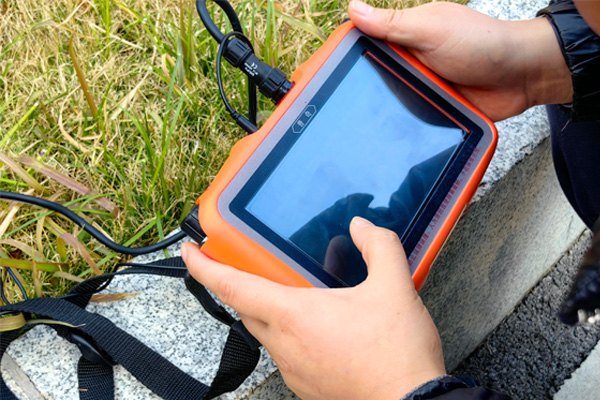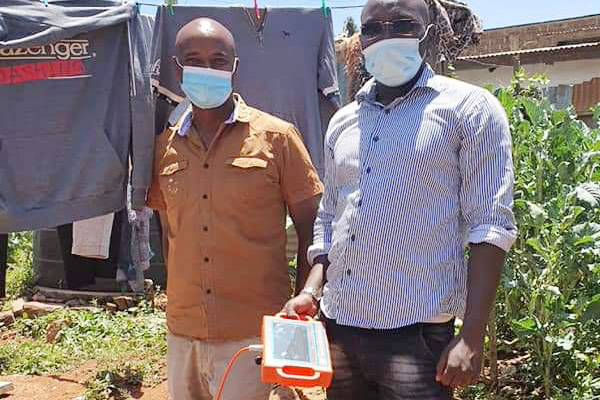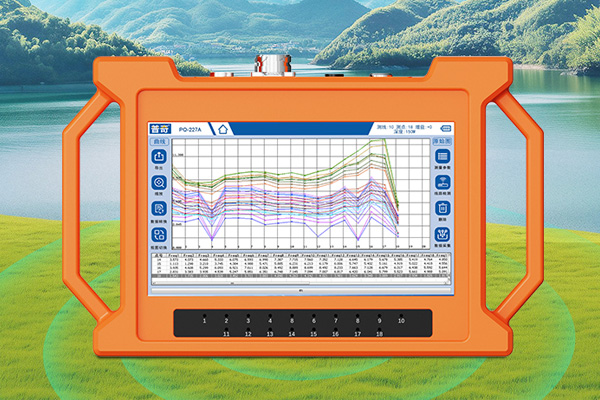Finding reliable groundwater sources is crucial in fields such as agricultural irrigation, household water supply, and industrial water supply. As a professional detection tool, ground water detector can help people more accurately locate the location and depth of groundwater, thereby improving the success rate of drilling. This article will provide a detailed introduction on how to choose a suitable ground water detector and offer some practical suggestions.
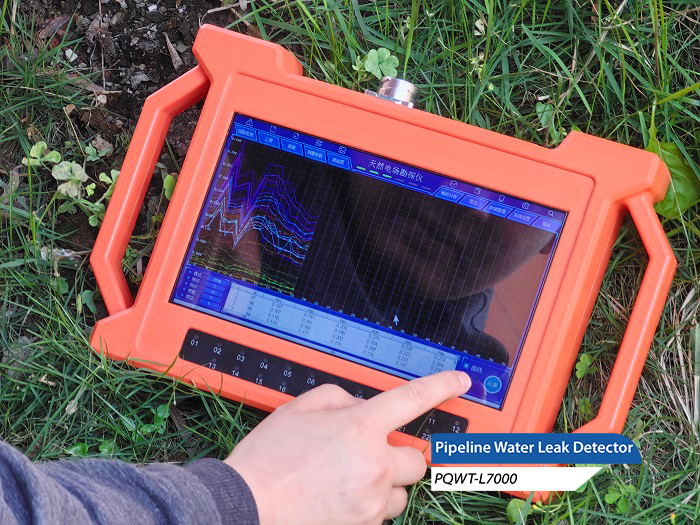
1. Understand different types of water detectors
There are many types of water detectors on the market, which are mainly divided into the following categories according to their working principles:
Electrical resistivity instrument: inferring the existence of groundwater resources by measuring the changes in electrical resistivity of underground media. This method is suitable for exploration under different geological conditions.
Electromagnetic induction instrument: uses the reflected signals generated by the interaction between electromagnetic waves and underground materials to analyze soil structure and moisture content.
Gravity gradiometer: It determines the location of underground cavities or water bodies based on changes in the Earth's gravitational field, but its effectiveness for shallow water sources is limited.
Acoustic/seismic reflection equipment: sends sound waves and receives information reflected back from different geological interfaces to determine underground structures and potential water sources.
Nuclear magnetic resonance (NMR) technology: It can measure groundwater content non invasively, especially for evaluating aquifers.
In addition, there are some manual methods based on traditional experience and techniques, such as using "water probes", but these methods have limited scientific basis and are gradually decreasing in modern applications.
2. Key considerations
When choosing a ground water detector, the following important factors should be considered:
Applicability
Ensure that the selected instrument is suitable for the geological features of the target area. For example, in geological environments with more rocks or complex geological conditions, certain types of instruments may be more accurate; In simpler sedimentary rock areas, low-cost and easy-to-use models can be chosen.
Accuracy and reliability
High precision means a higher success rate of detection. Refer to the product manual for data on detection depth, resolution, and error range, while also taking into account evaluations from other users to assess the consistency and stability of the instrument.
Ease of operation
For non professionals, a user-friendly interface and intuitive presentation of results are crucial. Although some high-end instruments have powerful functions, they may not be suitable for all user groups if complex settings or training are required to use them properly.
Cost-benefit ratio
In addition to the purchase price, it is also necessary to consider the maintenance costs and service support for long-term use. Products with high cost-effectiveness not only have reasonable initial investment, but also have quick service response and low maintenance costs in the later stage.
After sales service and support
Good after-sales service can provide timely assistance when encountering problems. Confirm whether the supplier provides services such as training, technical support, and warranty policies.
Choosing the right ground water detector requires comprehensive consideration of multiple factors, including but not limited to geological conditions, detection accuracy, operational convenience, and cost-effectiveness. I hope the above guide can provide you with valuable reference and help you successfully find the ideal groundwater source.





